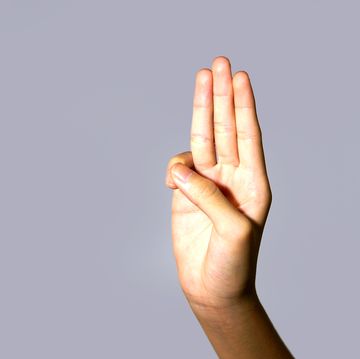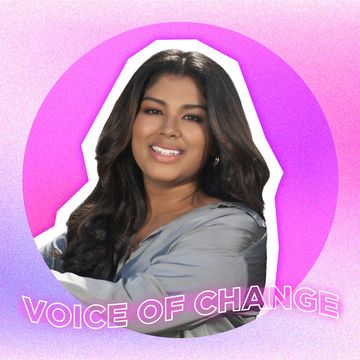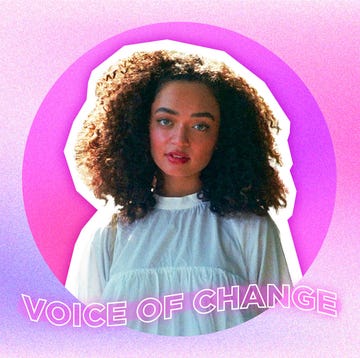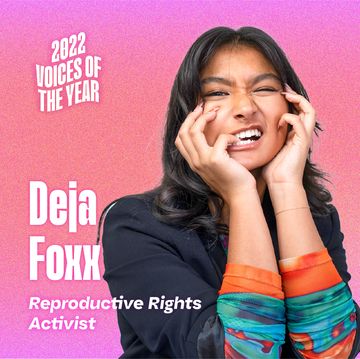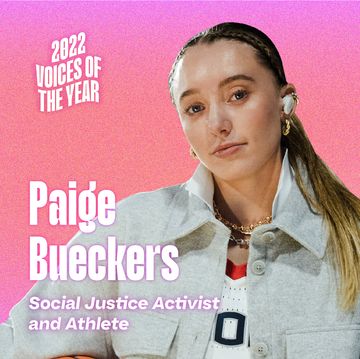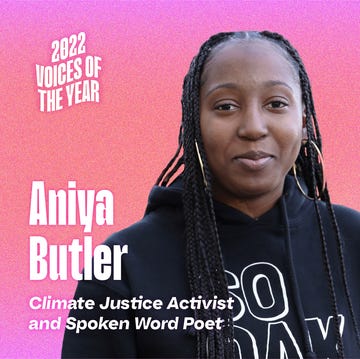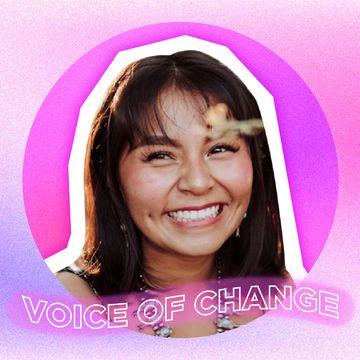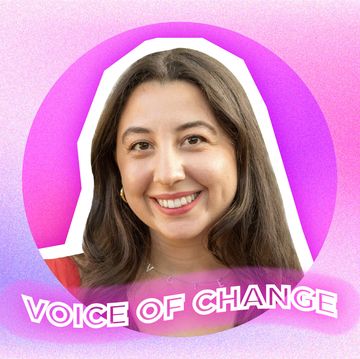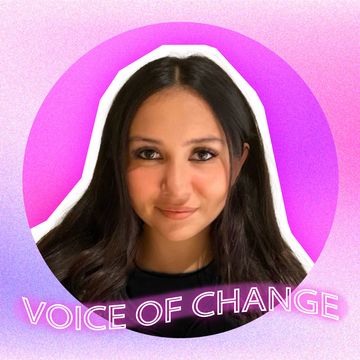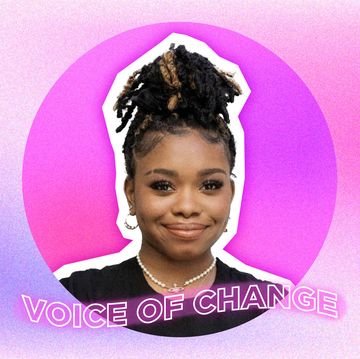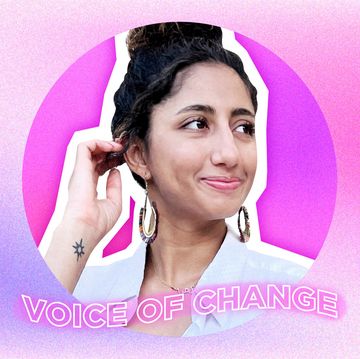A heartbreaking video from March, recirculated on the internet last week, capturing my attention. As hair stylist, Shabria Redmond, combed four-year-old Ariyanna’s hair, Ariyanna proclaimed, “I’m so ugly,” subsequently bursting into tears. Shabria was stunned, but quickly renounced Ariyanna’s claims and empowered her, saying, “Don’t say that! You are so pretty. When you look in the mirror you are supposed to say, I’m so pretty. You are so pretty, do you hear me?”
Ariyanna’s sad words stuck with me, highlighting the feelings of insecurity that unfortunately, I and many Black girls know all too well. In a world where Eurocentric features and lighter skin are heralded as the pinnacle of beauty, many African American girls are left invalidated and torn down. These attitudes are even further amplified when African American representation on television and in the media are showcased with light skin or long curly hair that is not reflective of the entire Black community. It was painful recognizing that these imposed beauty standards are internalized at such an early age and are powerful enough to demean Ariyanna at only four years old.
The video made me reflect on my own experiences. I can remember having similar thoughts while also sitting in the stylist’s chair. As a student in a predominantly white school, I struggled to feel beautiful and confident. Something as trivial as hair, burdened my everyday life. As those with long hair were celebrated, I noticed that Black girls, especially the ones with shorter hair, were overlooked and under appreciated.
The journey to find self-assurance came from within and I have undergone my own transformation. This development served as inspiration for my college essay which I have been compelled to share.
I shifted uncomfortably in the salon chair as my hair was twisted and pulled into tiny cornrows. I sat for hours, each braid more agonizing than the last. I hated the long process my mother forced me to endure in order to protect my natural hair from breakage and heat damage. When the painful process finally ended, I dreaded looking in the mirror. I always hoped to see a new person, but each time I was disappointed to find the same old me gazing back.
Growing up, hair had always been my biggest insecurity. While my classmates had long, silky locks cascading down their backs, my hair was short, curly and coarse. Despite careful flat ironing and an abundance of conditioners, my hair never remained completely straight. I was embarrassed because my hair was different.
“Your hair doesn’t define you. Your hair is beautiful,” my mother would tell me.
However, her support did little to calm my fears and my internal conflict persisted. Oftentimes, I would lament to God about my misfortune. Why me? Why couldn’t I have long hair like everyone else? I no longer wanted to stand out. I wanted to fit in and be accepted. In an act of desperation, I prayed to God for help, asking that I would wake up in the morning with the long, silky hair I desired. Unfortunately, my prayers were never answered.
It wasn’t that I hated my natural hair, but rather I believed others did. I was afraid because it wasn’t long and flowy, it would be deemed ugly by my classmates. I also worried if they learned I wore extensions, I would be judged. There was no winning. This was debilitating and a constant struggle that I kept secret. At school, I endured countless questions about my hair. “Does your hair even grow? Are those extensions or your real hair?”
In tenth grade, I changed. I realized I had two options. I could either interpret the questions as judgments or believe my classmates were genuinely curious. Whether they meant it as a judgment or not, I realized their intentions didn’t really matter. I couldn’t choose what they meant, but I could choose how to interpret it. This epiphany led to more choices. I can choose not to base my happiness on what I assume others think of me, but on my own standards. I can choose to believe that others’ opinions are more important than mine or not. Deciding to make choices that were best for me was freeing.
Over the next two years I pushed myself out of my comfort zone and engaged in new activities. In 10th grade, I became more involved in my school community and found a rewarding outlet through a tutoring program in which I helped elementary school students with math and reading.
Junior year, I challenged myself by joining the basketball and lacrosse teams without any previous experience. Last summer I took an even bigger risk. I traveled miles from home and participated in a five-week summer program at Washington University in St. Louis. In this program, I was surrounded by new people. Wearing my hair in its natural texture, I made it my mission to stand out. I joined the art club and became a known presence in my classes. That summer, I grew as an individual and developed into a more confident person. This year, I see an opportunity to take on leadership roles within school clubs. In college, I hope to further pursue these interests.
I no longer live my life restricted by what I believe others think of me. I don’t hide behind braids or extensions and if I choose to wear them I do so proudly and am no longer secretive. I embrace the options that my hair texture provides. Now, I wear my hair and live my life however I desire.
My personal development has been freeing and I am happy to be the individual I am today. However, it is important to recognize that this transformation was catalyzed by intrinsic motivation, which is only part of the puzzle. It should not be the sole responsibility of the Black girl who has been made to feel insecure to find confidence. These hurdles are hard to overcome and gaining self-assurance in a space where you feel unrecognized is even more difficult.
In the past few weeks, I have seen a greater focus on Black issues, and it is imperative that the Black girl is not overlooked. The #BLACKLADIES Instagram challenge championing Black women has been powerful. A compelling line from the caption reads “We have felt the pain of being torn down and we have decided we will be deliberate about building others!”
I urge us all to take on this challenge and push back at the current beauty ideals. Our words and actions are impactful and as a collective effort we have the influence to redefine what beautiful means in a way that encompasses all shades, sizes, and features.
Sydney Harper is a junior at Vanderbilt University studying Leadership and Organizational Effectiveness with a Minor in Business.



